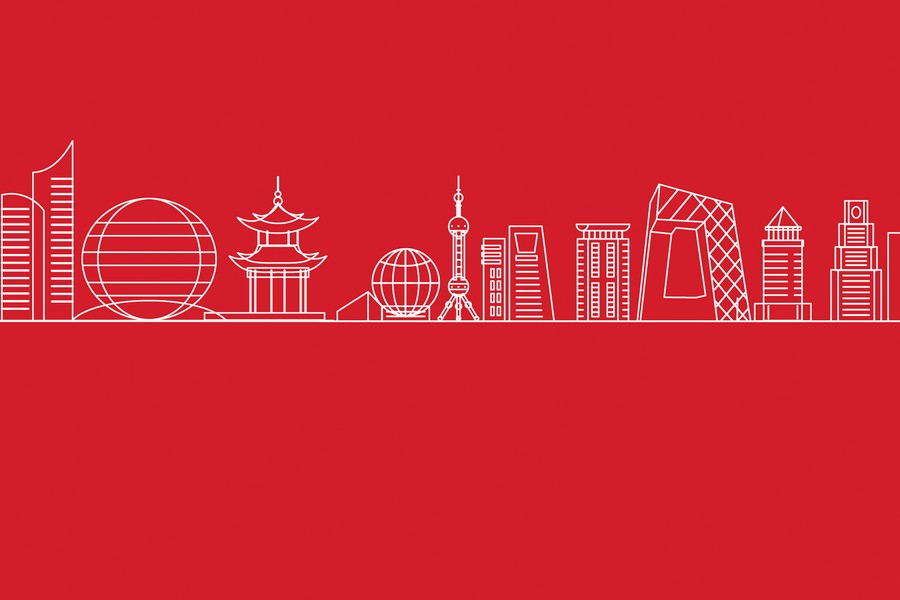Perhaps I shouldn’t have been surprised at his story. After all, China is the world’s most populous nation and the second largest economy on the planet, accounting for more than 15% of global Gross Domestic Product (GDP). It has a rapidly growing middle class and, despite remaining a Communist autocracy, has embraced capitalist ideals, with much wealth being created by hard working entrepreneurs. Spending this wealth must include international tourism, but the fact remains that China has yet to achieve the transition into a Western style society.
The influence that China has had on the global economy is well documented. Commodities and other resources were boosted in value over a decade as China first industrialised and then developed its infrastructure. The construction of new road and rail networks and the creation of a number of “super cities” kept demand for oil and steel high. But such a trend cannot be sustained indefinitely and the inevitable slowdown has left many commodity prices in the doldrums as supply exceeds demand.
The effects are worldwide, of course. Major economies like Brazil have been plunged into recession as demand for their raw materials dried up and prices slumped. Australia has suffered too, with its heavy reliance on the mining industry. And the fall in the price of oil has had consequences for a number of countries. The global economic future is truly intertwined with the outlook for China – which is something of a worrying thought.
We would do well not to lose sight of what is happening in China
A little over a year ago markets were rocked by a modest devaluation of the Chinese currency and increasing intervention there by the authorities in financial markets. With growth having slowed from the double digit gains of previous years to a more modest 7.5%, the action in China simply added to the concerns of investors. What China needed to do was to redirect its economy to a slower, higher quality growth engine powered by services and domestic consumption. Achieving such a transition would not be easy, but would be crucial to global economic wellbeing.
Mindful that boosting consumption was key to maintaining growth, the Chinese authorities chose to encourage credit expansion. Unlike the US, UK, Japan and the Eurozone, it did not expand the central bank’s balance sheet, instead encouraging banks to increase lending. The debt to GDP ratio ballooned as a consequence and now stands at around 35% above trend. But not all easy money finds its way into the right hands. Speculative activity increased, with the inevitable rise in defaults and non-performing loans, adding to investor’s worries.
So we may well see the Chinese authorities pull back from introducing further monetary stimulus, which could, of course, mean that growth undershoots expectations. Certainly, recent data does suggest a continuation of the trend towards slower growth. In April industrial production grew by just 6.0%, compared with 6.8% previously, electricity generation was actually down on the previous year, while retail sales growth dropped to 10.1% from the previous month’s 10.5%.
While we might remain fixated on the in/out European referendum in the short term and the outcome of the US Presidential elections in the medium term, we would do well not to lose sight of what is happening in China. The game there is far from over, but there is little evidence so far that the changes that are so crucial to sustaining future growth are taking place at an acceptable pace. The advantage the Chinese have is the command nature of their economy. But set against that is an inbuilt tendency to gamble and a growing desire for more freedom.
As it happens, sharing your sightseeing trip with a group of Chinese holidaymakers should be taken as a good sign. The advantage China enjoyed on the manufacturing front was always unsustainable if living standards were to continue to rise in what was, not too long ago, one of the poorest nations on Earth. There are plenty of signs that manufacturing jobs are returning to those countries which lost them to cheap Chinese imports – including America. But what we really need is for the Chinese middle classes to prosper – and spend.



